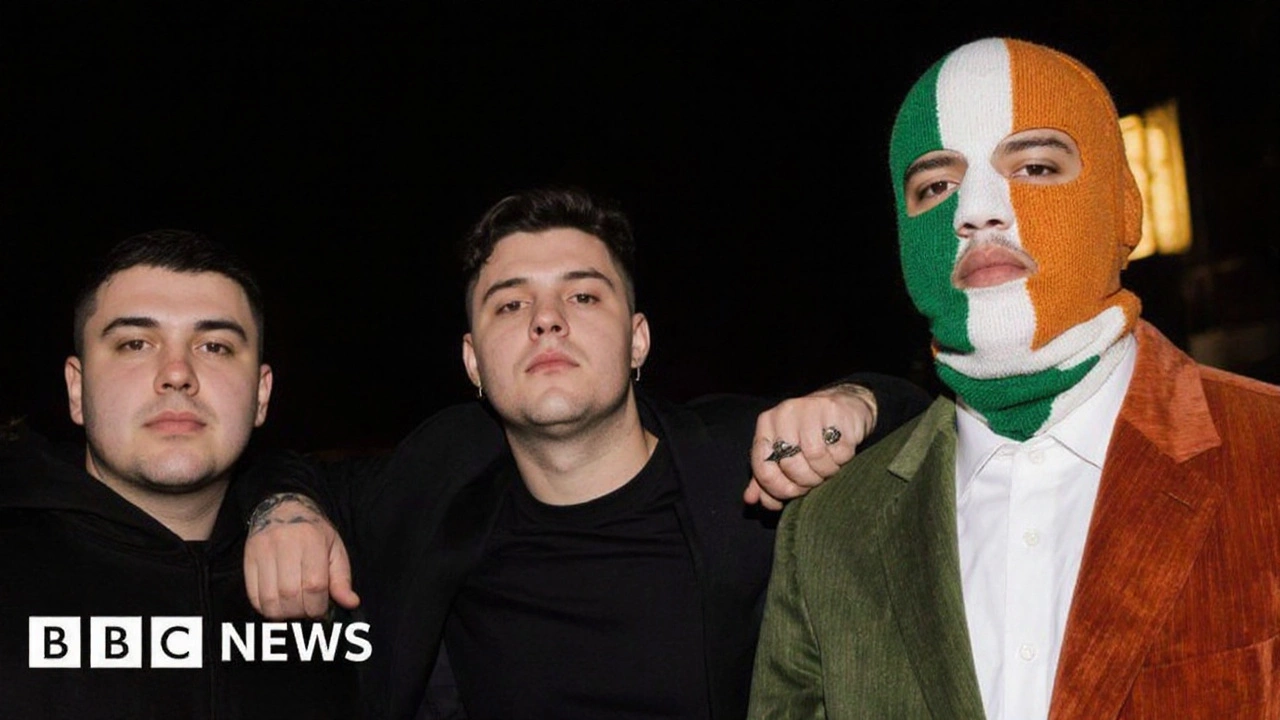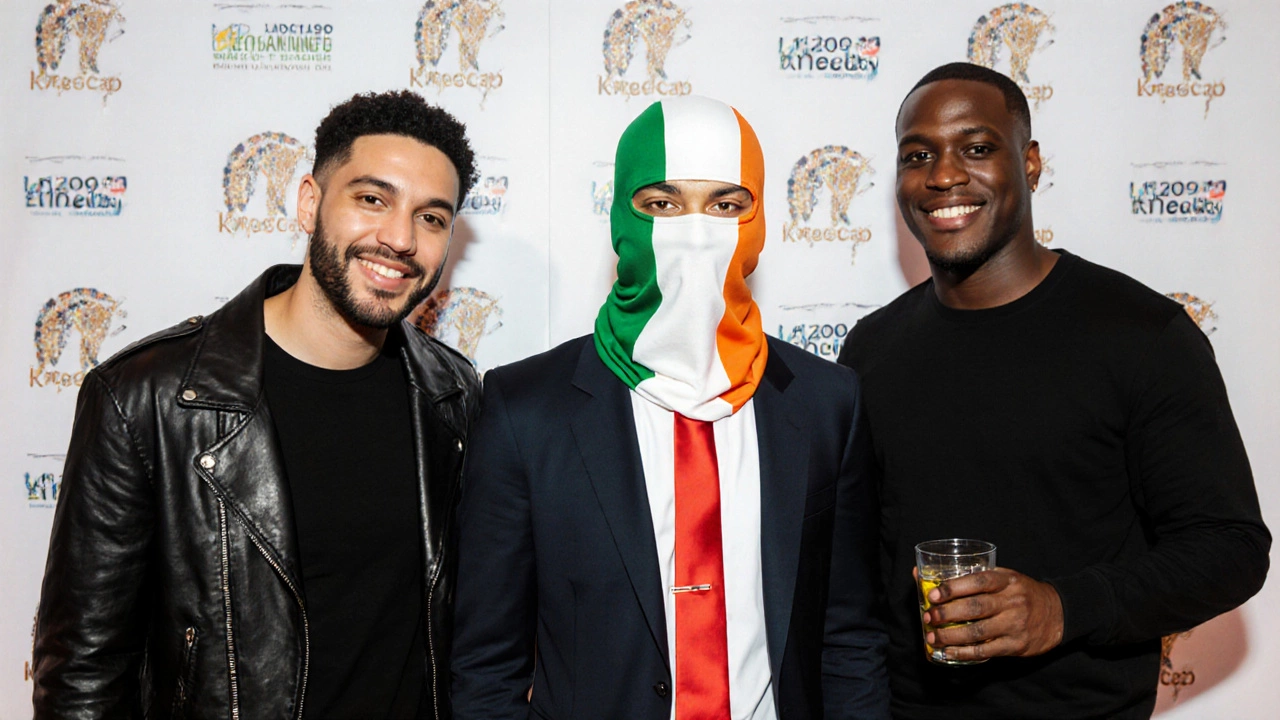Background of the case
When Liam Óg Ó hAnnaidh – known on stage as Mo Chara – was first named in a terrorism investigation, the music world held its breath. The U.K. government, acting on a Metro Police probe, said a video from a November 2024 London gig showed the rapper giving a thumbs‑up to a Hezbollah flag. By May 2025 the Crown Prosecution Service had formally charged him with a terror‑related offence.
From the moment the charge hit the headlines, Kneecap’s schedule turned into a PR minefield. Venues across the UK started receiving emails demanding they cancel the trio’s shows, and several promoters publicly distanced themselves. Yet the three‑piece kept a calendar full of gigs, often playing to packed houses that doubled as de‑facto rallies for the band’s legal battle.
During the early months of the case, Mo Chara was granted unconditional bail in June, allowing him to return to Belfast and continue rehearsals. Court dates in May, August and again in September were peppered with tense exchanges – the prosecution pushing the narrative of “public safety”, the defence hammering the point that a lyrical performance isn’t a recruitment tool.
- Nov 2024 – Video of concert filmed at London venue.
- May 2025 – Terror charge filed by the U.K. government.
- June 2025 – Unconditional bail granted.
- Aug 2025 – Second court appearance, defence argues lack of intent.
- 26 Sept 2025 – Judge dismisses case over six‑month filing rule.
The turning point arrived when the judge asked a simple, procedural question: Did the authorities file the charge within the six‑month window required by the Terrorism Act? A quick review of the docket showed the answer was no – the charge was lodged more than six months after the November footage was first seized. That technical slip forced the judge to void the entire prosecution.

Implications of the dismissal
For Kneecap, the ruling is nothing short of a lifeline. Not only does it erase the legal cloud hanging over Mo Chara, it also removes the immediate threat of venue blacklists that were looming after every court date. Fans who had rallied on social media now have a concrete reason to celebrate, and the band’s next tour dates are expected to sell out faster than ever.
On a broader scale, the case highlights how procedural safeguards can become a decisive defense tool, even in politically charged investigations. Legal experts note that while the substantive issue – whether the performance actually endorsed a terrorist group – remains unresolved in public opinion, the procedural flaw sidestepped that debate entirely.
Human‑rights groups have already seized on the outcome, arguing that the government’s rapid move to label artistic expression as terrorism could set a dangerous precedent. They point to the need for clear guidelines about what constitutes “support” versus “performance art”, especially in a genre like rap where hyperbole and provocation are common.
For the music industry, the episode serves as a cautionary tale. Booking agents and managers are likely to double‑check legal vetting processes, ensuring that any footage that could be misinterpreted is either deleted or contextualized before it ever reaches law‑enforcement eyes.
Meanwhile, Mo Chara’s own statements post‑dismissal have been measured. He thanked supporters, underscored the importance of free speech in art, and hinted at new material that addresses the “surreal” experience of being labelled a terrorist on the basis of a single gesture.
As the dust settles, the strongest takeaway is that a single procedural error – the missed six‑month deadline – can overturn a case that would otherwise have far‑reaching consequences for a band’s future. Whether this will deter future investigations into cultural expression remains to be seen, but for now Kneecap can breathe easy and get back to dropping beats, not dealing with courtroom drama.
